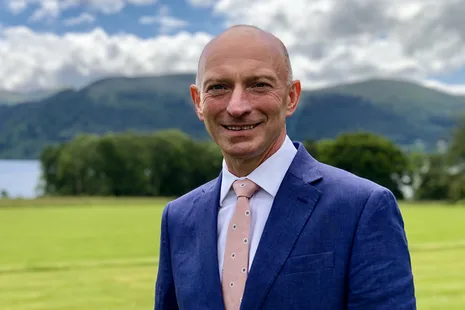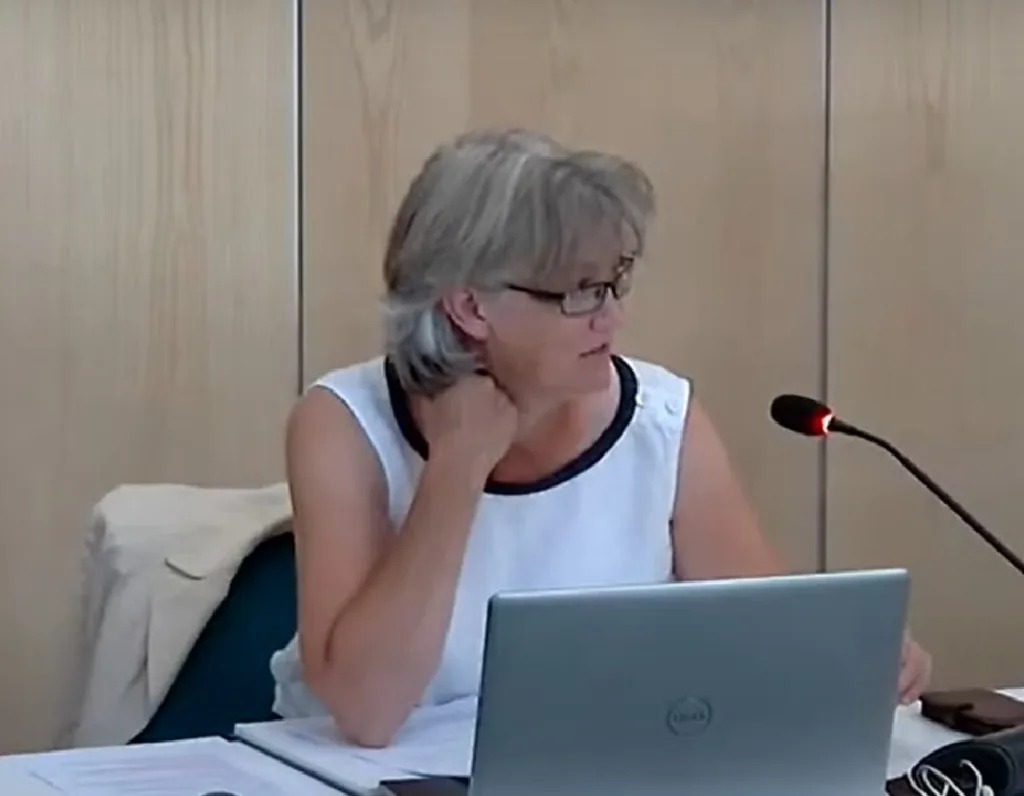As recently as July, chief executive Mark Lloyd said the Local Government Association (LGA), the national voice of the sector, would set out how the next Government can and must do things differently. Today he resigned with immediate effect.
Mr Lloyd CBE, former chief executive of Cambridgeshire County Council, announced that after eight years as the chief executive at the LGA he is leaving immediately.
“It has been a brilliant eight years at the LGA,” he said. This is the best job in local government but now is the right time for me to hand over the LGA for someone to build on the achievements we have delivered and the progress we have made.
“After working so intensely in this role, it’s time to briefly catch my breath and decide how I make the most valuable next contribution.”
Eight years ago – and after seven in charge at Cambridgeshire – he took an eight per cent pay cut – around £15,000 a year – to head up the LGA.
He is the organisation’s second longest-serving chief and an LGA spokesperson described his time as leading councils across the country “through some of the biggest challenges local government has faced, including the aftermath of the Grenfell tragedy, the implications of Brexit, the COVID pandemic and the rising cost of living.
“Throughout this time, he has provided advice and support to help councils improve and worked closely with government on a wide range of issues, from homelessness to asylum and resettlement, and from local government finance to children’s and adult services.
“He has overseen an increase in LGA membership and leaves the organisation with its highest rates of council and staff satisfaction.”
While permanent arrangements are made, Sarah Pickup CBE, LGA deputy chief executive, will be acting chief executive.
Mark Lloyd was appointed to the LGA in 2015 following 10 years as the chief executive of two councils – Durham County Council and Cambridgeshire County Council.
In 2022, he was appointed Commander of the Order of the British Empire (CBE) for his services to local government and charity. Mark will continue to serve in non-executive roles with the UK Health Security Agency and HM Prison and Probation Service.
He worked for central Government in Wales, the Midlands, London, and north Manchester before eventually entering local government with Durham County Council in 2000, becoming chief executive five years later.
In the meantime, without A-levels, he had achieved a higher Master of Business Administration degree from Durham University.
Upon joining Cambridgeshire, he listed among the priorities that the council should provide leadership in the community, working with residents, business, and the voluntary sector, and influencing regional and national policy in ways that benefit Cambridgeshire.
He felt the council’s elected members should get out and behave as champions for the people they represent. “If they are not fighting for Cambridgeshire, it’s a poor show,” he said. “The county council should not be shy about being the voice of Cambridgeshire. “But it is deluding itself if it believes it can work effectively on its own. It must work through partnerships with other councils and other bodies.”
FACT FILE
The full membership of the LGA in England and Wales comprises —
- All but two of the 333 principal councils in England (i.e., all but London Borough of Bromley and Leicestershire County Council), and
- All the 22 principal Welsh councils through a corporate membership scheme with the Welsh LGA (WLGA), an independent organisation with its own business plan, priorities, and governance structure.
The LGA also has Fire and Rescue Authorities, and Fire, Police and Crime Commissioners, and National Parks Authorities, as associate members.
The National Association of Local Councils (NALC), which is the membership body for Town and Parish councils, is a corporate member of the LGA





















